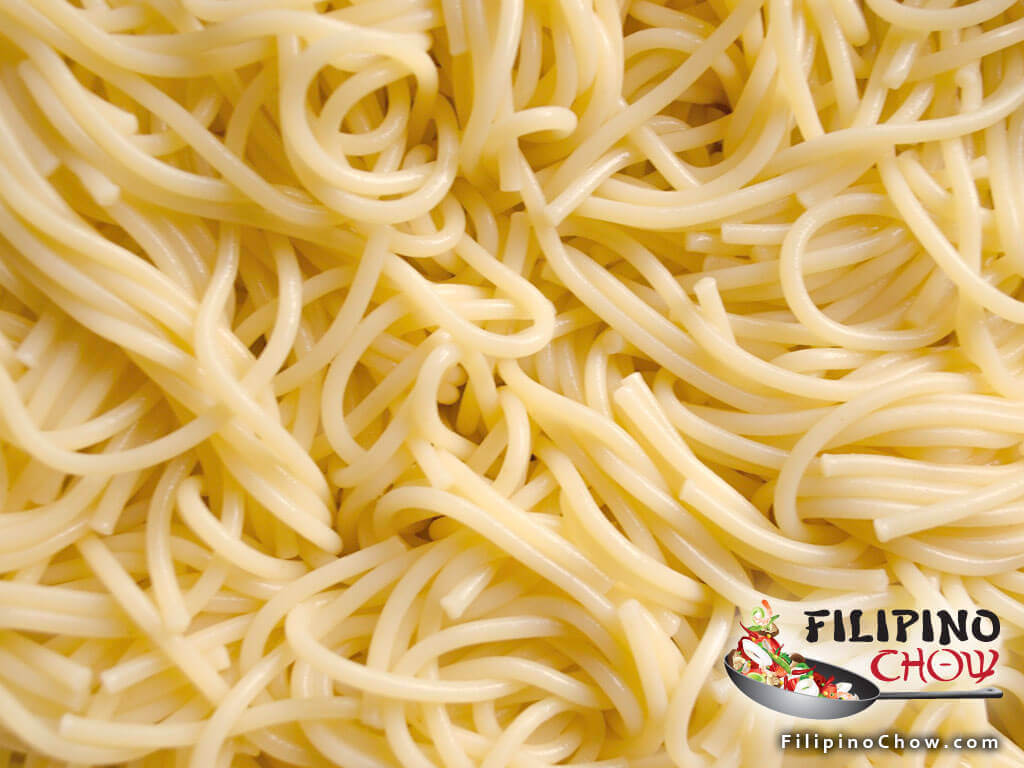This is How To Cook Pasta Al Dente. Almost everybody that has cooked pasta before has heard of the term “al dente”. You read it in the instructions for cooking pasta, you hear waiters and cooks talk about it; but what does it really mean? The term al dente describes a certain amount of doneness acheived when cooking any pasta. Generally speaking it means that the pasta has been cooked until it is nearly done, but not quite done. It falls right between undercooked and done. More specifically it means that the texture of cooked pasta is a little chewy when biten, but not excalty soft either. You can also check to see if the pasta is cooked al dente by breaking the pasta as it cooks. If there is still a bit of white at the center of the pasta, it’s not quite al dente. As soon as the white disappears from the center of the pasta, it is al dente. Enjoy this recipe from all of us at .
Ingredients
- 5 quarts of water
- 16 ounces (or 1 pound) of pasta
- 1 tablespoon of salt
- 1 tablespoon of olive oil
Instructions
- Pour the water into a large pot over medium-high heat.
- Bring the water to a rapid boil.
- Add the salt and the olive oil to the pot.
- Gradually add the pasta to the pot and let it cook for 14 minutes.
- To check for doneness, take a piece of pasta out of the pot and break it or you can take a bite of the pasta.
- If you don’t see a white spot in the center of the pasta when you break it, then it’s perfectly cooked.
- Or if when you bite into the pasta, there’s no more taste of raw flour and the texture of the pasta is not crunchy or rubbery but somewhat soft, then the pasta is cooked al dente.
- Take pasta out and drain thoroughly in a large colander.
- Add the pasta to a large bowl along with a little bit of olive oil.
- Stir the pasta and olive oil together until they are evenly distributed so the pasta won’t stick.
- Then your pasta is ready for whatever sauces, cheeses, meats, and/or vegetables you want to add to it.
It’s a good idea to use a timer to avoid over cooking your pasta. Some culinary experts say you should not rinse the pasta with cold water after you take it out of the pot, because the sauce or dressing will slide off the pasta if you do. If you choose to shock the pasta with some cold water, I see nothing wrong with it. If the pasta is perfectly cooked and you want to prevent it from cooking any more, splash it with some cold water after you take it out of the pot.

